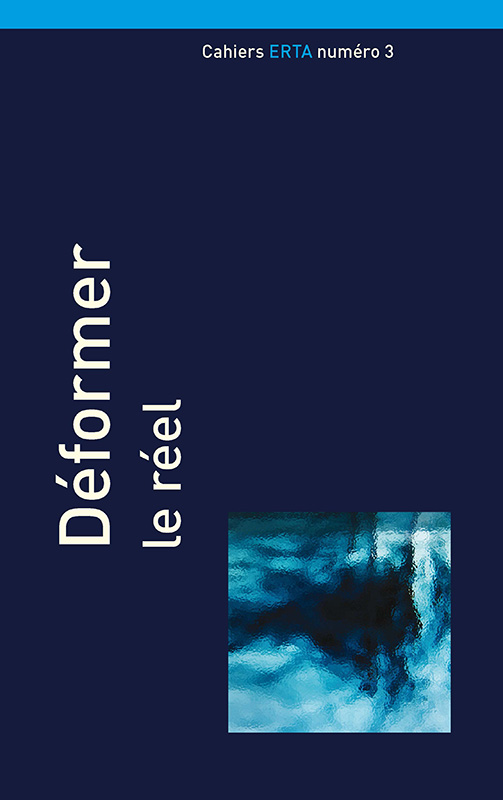Fantasmer la vérité sur Marie
Mots-clés :
fantasy, psychoanalysis, distortion of reality, narrator, imaginationRésumé
In La Vérité sur Marie, the fantasized development shaping the narrative is clearly rendered visible: the narrator confesses to using his imagination and his intimate knowledge of Mary in order to picture her relationship with a Jean- Christophe de G. in detail – he reminds it on various occasions – which he knows nothing of. The aim of this present article will, therefore, be more than merely dismantling this work of arrangement revealed by the narrator himself, but will also consist in questioning the implications of this transgression on the rightfulness that is the act of storytelling. What matters, is to effectively understand how a narrative which explicitly self-designates as a fantasy, namely one which has no pretention whatsoever in reproducing the reality of described events but on the contrary proclaiming itself as a distortion of a real it cannot miss, nevertheless inclines to create an ordinary truth.
Téléchargements
Références
Lacan J., « Compte-rendu d'enseignements », [dans :] Ornicar ?, n°29, 1984.
Laplanche, J. Pontalis J.-B., Vocabulaire de la psychanalyse, Paris, PUF, 1971.
Lebrun J.-P., Un monde sans limite suivi de Malaise dans la subjectivation, Toulouse, Érès, 2009.
Simard-Houde M., « Consentir à l’illusion », [dans :] Salon double, observatoire de la littérature contemporaine, le 17 novembre 2009, url : http://salondouble.contemporain.info/lecture/consentir-a-lillusion.
Toussaint J.-P., La Vérité sur Marie, Paris, Minuit, 2009.
Widlöcher D., « L’objet du fantasme », [dans :] Évolution psychiatrique, n°70, 2005.

 Revues scientifiques académiques
Revues scientifiques académiques





